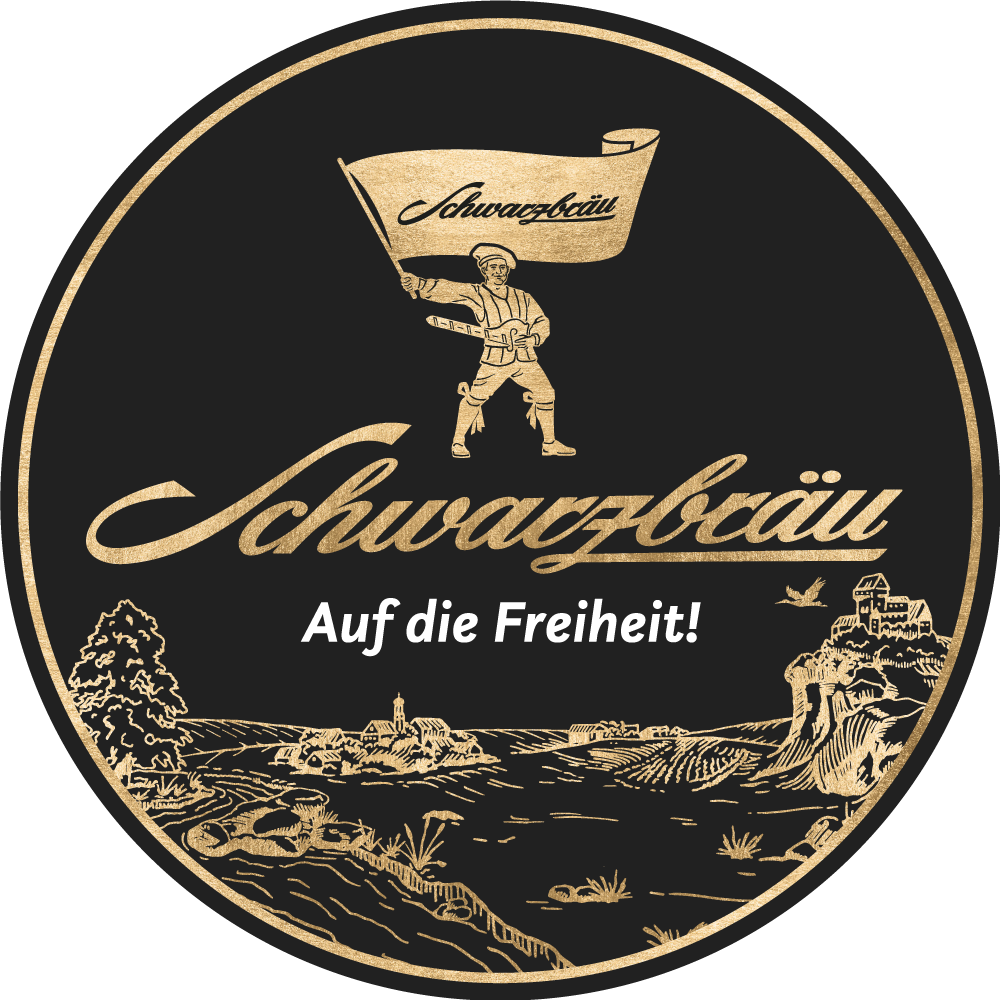500 years Beer Purity Law
When and where was the Beer Purity Law of 1516 written?
On April 23rd, 1516 in Ingolstadt.
On this day, the Bavarian dukes, William IV and Louis X, issued one of the few laws which have retained - possibly even expanded - their significance for centuries. The Beer Purity Law continues to influence German brewing.
What was the legal justification for this law?
A large country needs uniform laws.
The Landshut succession war from 1504 to 1505 (also called the "Bavarian Feud") brought with it the reunion of the Bavarian duchies. Thus a harmonization of Bavarian land rights became necessary. A new regional ordinance was established, which applied throughout Bavaria.
What does this law cover?
Costs and raw materials. Citizens must be protected from low-quality, possibly even toxic substances.
The "Bavarian Purity Law of 1516" was part of this new regional ordinance. It regulated beer prices - as it turned out, a largely transitory regulation. The salient paragraphs in the Beer Purity Law, in which the exclusive use of barley, hops, and water for brewing beer were regulated, has proved to be much more stable - till the present time.
What was the original text of the Beer Purity Law?
The original text was written, of course, in old German and is fairly complicated:
It his hereby decreed that, henceforth, only barley, hops and water shall be used for the making of beer in our cities, towns and countryside.
The term "Beer Purity Law" evolved later.
Has the Beer Purity Law been altered over the years?
Constantly.
During the past five centuries this text has been changed several times. Barley (today one would say "raw grain") became malted barley because it was found that malt is much more suitable for beer brewing. Malts are cereals that have germinated and then dried at high temperatures. The restriction on barley was abandoned in favor of a wider variety of grains.
Why was only barley allowed at first?
To battle hunger.
This part of the original law was written to help to counter the dire shortage of nutrition in those times. The law ensured that wheat crops were reserved for bread-making. Financial considerations also played a role. The Bavarian rulers held a monopoly on beer production with wheat over a long period and this was, of course, a steady source of income.
Was 1516 the first year such a decree was enacted?
No. There were older regulations which were similar, but only applied locally: Augsburg in 1156, Nuremberg in 1293, Weimar in 1348, Weißensee in 1434 and Munich in 1363, for example.
Is there a German Beer Purity Law?
A German Beer Purity Law, proclaimed in 1516 as such, does not exist. Malt substitutes and other additives could be used outside Bavaria in much of Germany long after 1516. With the "Reichsgesetz" (law of the German Empire) of June 3rd, 1906, the German Empire assumed essentially the regulations of the Bavarian Purity Law for all beer production.
Are there differences between the German and the Bavarian version?
Bavaria joined the Weimar Republic in 1918. In these accession negotiations, Bavaria was assured the strictest interpretation of the law still applies. In other words, the use of added sugar or caramel colouring was forbidden. Moreover, exceptions to the Bavarian Purity Law are impossible.
Why wasn't yeast mentioned in the Beer Purity Law at first?
The role of yeasts was simply not known at the time.
Yeast cannot be seen without substantial enlargement. A yeast cell measures only 6 to 12 micrometers. About 10,000,000 (ten million) single cells live in a milliliter of thick-pulpy yeast. Yeast is a variety of single-cell fungus. It was discovered after the invention of the microscope.
Was yeast eventually added to the regulation?
Yes, in the 19th century.
Louis Pasteur (1822-1895) described that yeast consists of microorganisms and that its presence is essential for the fermentation process. Accordingly, yeast was officially added as a fourth raw material (it had, after all, always been involved in the brewing procedure) into the existing Beer Purity Law.
Which raw materials are presently listed in the law?
Malt, hops, yeast and water are allowed in the brewing process.
Read the original Beer Purity Law text here:
We hereby proclaim and decree, by authority of our land, that henceforth everywhere in the Principality of Bavaria, in the country, as well as in our cities and marketplaces that have no such special ordinance for it: From Michaelmas (Sept. 29) until the Feast of St. George (April 23), a mug[1] or one head[2] of beer is not to be dispensed for more than one Munich penny, and from the Feast of St. George to Michaelmas, the liter mug shall not be dispensed for more than two pennies of the same currency, the head for not more than three Heller[3], by threat of the penalties spelled out below.
Footnotes:
[1] mug = (Bavarian “Maß”) 1.069 liters (1.13 quarts)
[2] head = round container, holding slightly less than a Bavarian ‘mug’
[3] Heller = half a Munich penny (Pfennig)
[4] pail = 60 liters (16 US gallons)
This Beer Purity Law video (in german), produced by the Bayerischer Brauerbund e.V. (Bavarian Brewers' Association), sheds light on the subject:

